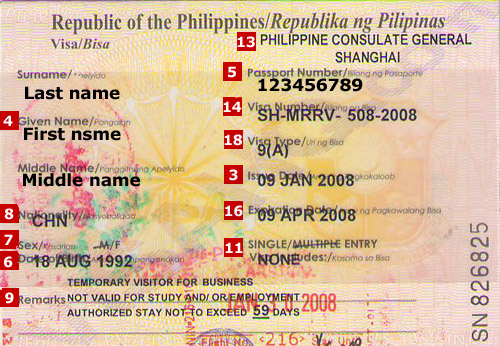Philippines Embassy list in British Virgin Islands
Need help?Chat with us
Why Trip Registration at the Philippines Embassy is Important
Registering your trip with the Philippines embassy is essential for ensuring your safety and well-being while abroad. In the event of emergencies such as natural disasters, political unrest, or medical crises, the embassy serves as a lifeline, enabling swift communication and support. For instance, during natural disasters like typhoons or earthquakes, registered travelers can receive timely alerts and instructions on evacuation or safety measures. Similarly, in situations of political instability, the embassy can assist in safe passage back home. Moreover, in medical emergencies, being registered allows for quicker response and coordination in securing assistance or repatriation if necessary. Overall, trip registration enhances the safety net for Filipino travelers, ensuring that help is just a call away if needed.
Philippines Embassy FAQs
Can the Philippines embassy assist in legal issues abroad? Yes, the embassy can provide guidance on legal issues, including referrals to local attorneys and information on the legal process in the foreign country. However, they may not provide direct legal representation.
What should I do if I lose my Philippines passport in Virgin Islands, British? If you lose your passport, report the loss to the nearest Philippines embassy as soon as possible. They can assist in processing a replacement passport or emergency travel document.
Are there any cultural events organized by the Philippines embassy? Yes, the embassy often organizes cultural events, celebrations of national holidays, and community outreach programs to promote Filipino culture and strengthen ties with the local population.
Does the embassy provide assistance in finding housing in Virgin Islands, British? While the embassy does not directly provide housing assistance, they can offer resources and information that may help you in your search.
Services Provided by Philippines Embassies in Virgin Islands, British
Passport Services
- Issuance of new passports
- Renewal of passports
- Replacement of lost passports
Visa Issuance for Foreign Nationals
- Visa applications for travelers planning to visit the Philippines
Assistance in Legal or Medical Emergencies
- Legal guidance
- Medical assistance referrals
Travel Alerts and Safety Updates
- Information on travel advisories
- Safety updates regarding local conditions
Support for Nationals Detained Abroad
- Assistance to Filipinos facing legal issues or detention
Summarized Diplomatic Presence
The Philippines maintains a diplomatic presence in the British Virgin Islands primarily through its embassy, which serves as a crucial link between the two nations. The embassy is responsible for a range of activities, including consular services, promoting trade and investment, and fostering cultural ties. Its location in the capital city enables it to engage with the local government and Filipino community effectively. The bilateral relationship contributes to strengthening the Philippines’ diplomatic outreach, ensuring the welfare of its citizens abroad while enhancing mutual understanding and cooperation between the two nations.
